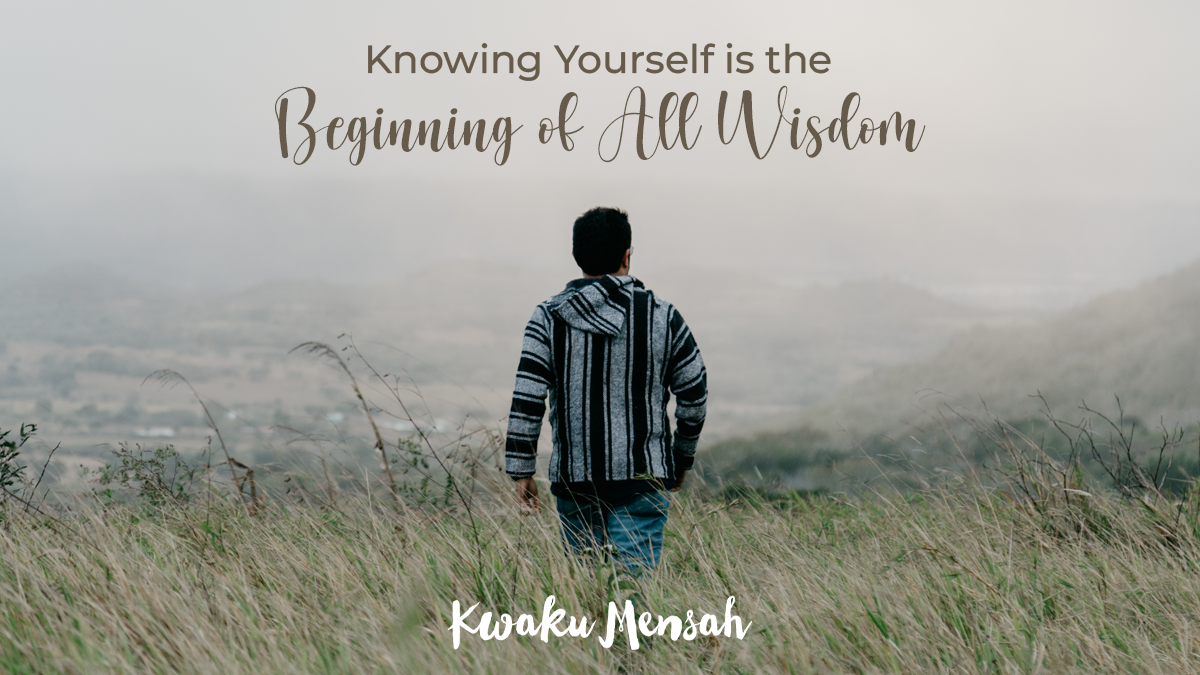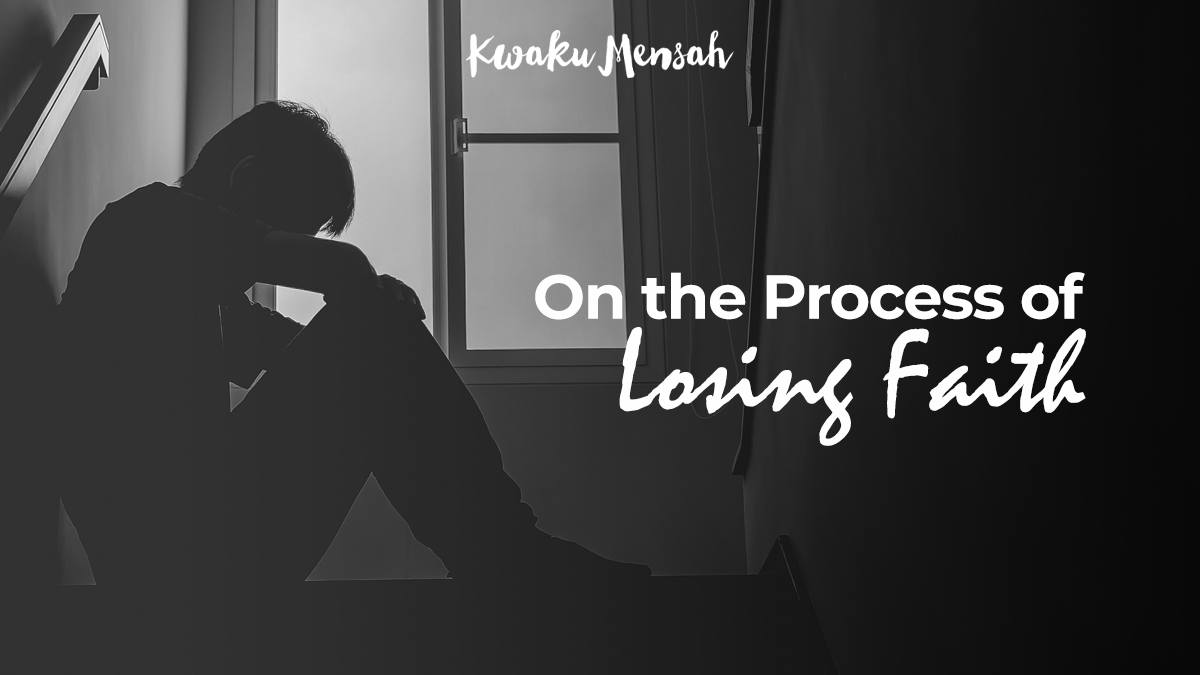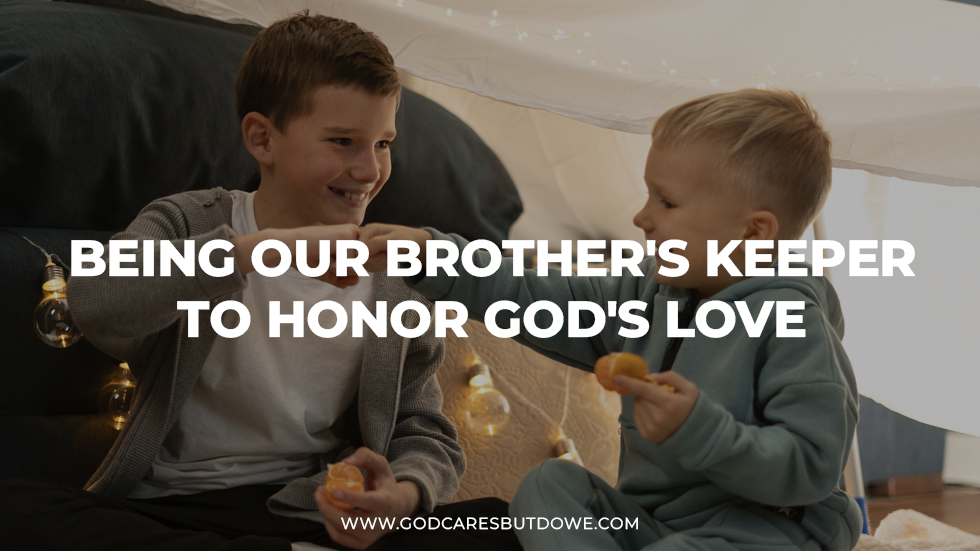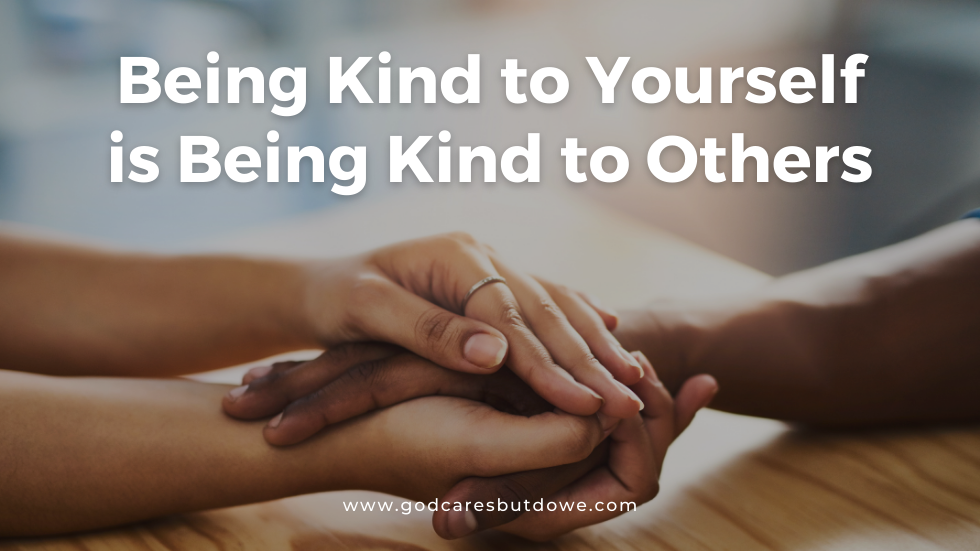Photo by Janaka Sampath
We all know what it feels like to get caught in a storm. Regardless of where you live, it’s never a good experience and can be damaging and traumatic. The storm always brings loss and tragedy. Let’s learn how to trust God even while you’re hit with the storms of life.
It’s always terrifying to witness floodwater rising to the point of drowning, not to mention the debris and possible diseases carried by the dirty water, which can infect anyone injured. The effort to survive through it all is draining enough for a person, leaving them breathless amid the raw brutality.
Our struggles are similar to natural storms that come and go. That doesn’t mean it’s not any less complicated and scary. Those moments where we don’t know where to seek help are the worst. That is also when we need to seek God and be under his care because He’s the only one with the power to protect us from the storm. We must decide whether to rely on God or our pride to get through anything on our own.
Where Is God When We Need Him?
Everyone going through stormy weather in this life would mostly feel like they are alone, and it seems like no one cares. Despite the circumstances surrounding us, the light always comes after the dark. Hanging by a thread may not feel great, but God is the rope we can hold on to.
- With Him, you won’t be lost.
- You are safe in the palm of His hand even when the storms come crashing.
- He already saw the battery before it reached your life.
- God has provided everything you need even before you ask.
- Nothing can take you away from the hand of God.
If you still don’t feel confident in God’s mercy and love, try reading the book “God Cares, But Do We?” by Kwaku Mensah. It contains eye-opening words that reassure your once declining faith in God. Our fiery faith can be instantly snuffed out by the strong winds of trials and struggles, so we must bring back that spark.
The Impossible Task Of Trusting
When storms arrive and destroy everything in their path, it can be impossible to trust the Lord’s protection and provision for a moment. It’s hard to see through the wind and water. That’s why endurance is the way people cope without certainty. We all have our fair share of disasters that make us sob our hearts out on the pillow. Asking God why this is happening is normal, and like the cliché saying goes, everything happens for a reason. And that reason will be revealed by God in time if we choose to remain in Him.
The bigger the storm, the better the Lord can show His grace, mercy, and love. A soul battered by too many challenges will stand tall in the face of tragedy. It’s necessary to go through all that and be stripped away of all the things we relied on so that we can only hold onto God and His promises because He never fails; he always comes through.
What You Should Do To Trust The Lord
Sometimes, the thought of God being in the middle of it still won’t encourage your heart to put absolute trust in His power, which is fine. You can take these words of advice and recall them when doubt creeps into your soul.
- Don’t be afraid to be vulnerable in front of God. He knows your struggles and the turmoil you’re in, and He’s just waiting for you to voice it out for Him to hear. Feeling emotions like hurt, sadness, anger, and bitterness is acceptable. It’s also okay to ask God why inevitable storms crashed into your life.
- God hears every plea in prayer, and He answers all of them in due time. He may not always give it right away or whenever we want to, and the way we want it. But He always does.
- Go pick up your Bible and spend time meditating on His word. The Bible contains many promises and words of encouragement.
- Surrender it all to Him. Things won’t always go your way, and moments are beyond anyone’s control. The best thing to do is hand everything over to God; He’ll do the rest.
- Even if you don’t feel Him at all times, continue to seek Him, pray without ceasing, and connect with Him.







